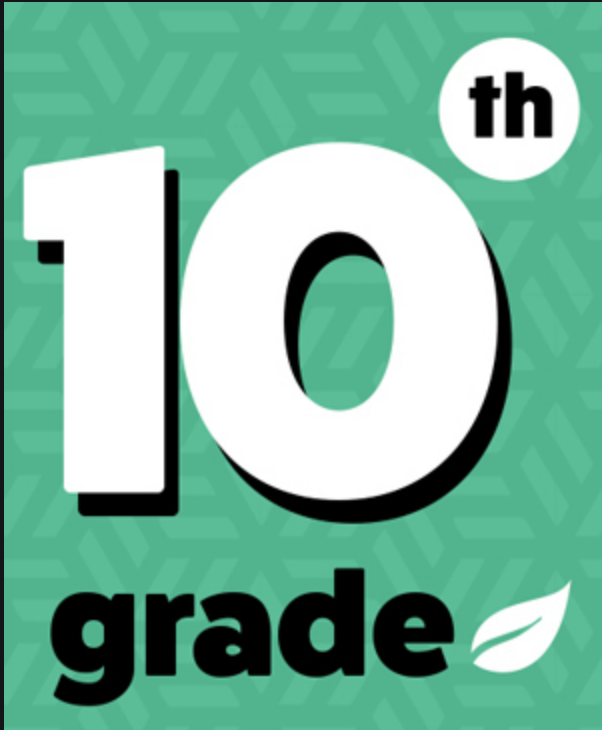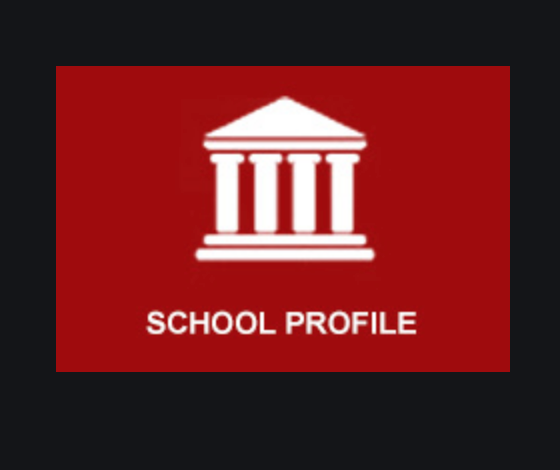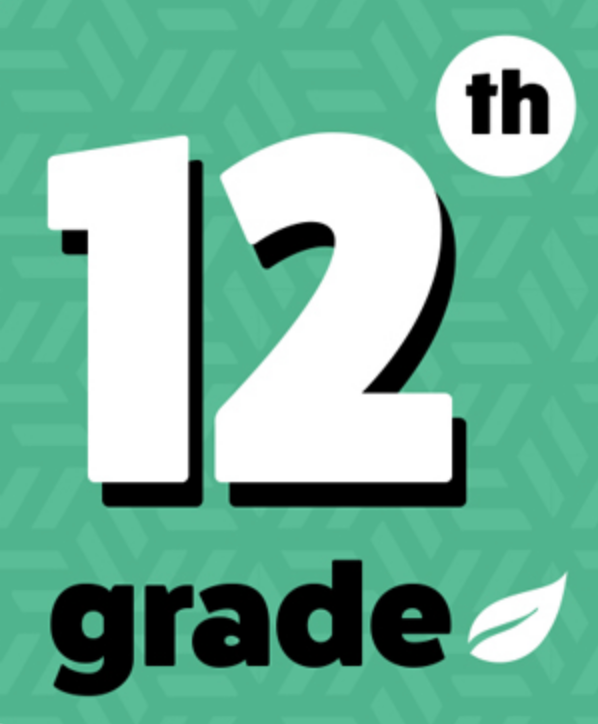There is probably nothing more important in college admissions than staying organized and on track. Sophomores — here is your step-by-step college admissions checklist.
Stay Focused on Academics –
Don’t be a victim of Spring Fever. Final grades are around the corner. Finish on a high note by taking your schoolwork seriously.
Prepare for End-of-Year Exams –
Semester and final exams usually count significantly toward your final grade. At some schools, a non-passing A.P. exam score will negate bonus points on your GPA. Some schools ask to see A.P. exam scores when you apply for admission. Many colleges award credit or advanced placement for strong performance in college-level courses taken during high school.
Attend College Nights, Fairs, Presentations & Information Sessions –
Keep your eyes open for college presentations, fairs, and meetings in your local area. Your school’s guidance office may post them. You may also receive invitations directly from colleges, commonly after joining their mailing list. Some events (e.g. exploringeducationalexcellent.org and exploringcollegeoptions.org) are hosted by a group of colleges and universities. NACAC (www.nacacnet.org) College Fairs are held throughout the country and provide an excellent opportunity for students and parents to interact with college and university admissions counselors.
Set Up a College Admissions Email Account –
If you don’t have one already, set up an email account to use for college admissions. Avoid user names that an admissions officer might find inappropriate or immature. You’ll often be asked for an email address when you attend school presentations, college fairs and register to receive information.
Be Involved and Build Your Resume -
Seek out opportunities to “stand out” in a positive manner — tangible accomplishments & achievement, leadership, ingenuity, tenacity, intellectual curiosity. You may even want to consider starting you own club or organization. All competitive colleges seek a diversified and interesting student body. Many successful applicants are high-achievers with at least one compelling “hook”. A “hook” is an activity or interest pursued with depth and passion that sets the student apart from other applicants. Depth, not breadth, of experience is critical. These days, most colleges prefer to see fewer activities; ones that really interest you where you are involved in a significant way. Evidence of passion, leadership, initiative, commitment and meaningful engagement is crucial. You may also consider an internship, research opportunity or part-time job in an area that interests you.
Meet With Your School Guidance Counselor –
If you haven’t done so already, schedule an in-person meeting. Confirm that you are on track to meet graduation requirements and ask about curriculum planning, class rank, award opportunities, and PSAT/SAT/ACT testing. Review your transcript and junior year course choices to make sure everything is correct. Have your parents join you, if appropriate.
Explore Your Interests, Potential Majors and Careers
You’re not alone if you are a high school student lacking clear direction about your future. Most young people can benefit from self-assessment tools to help define goals and explore college environments, academic majors and potential careers. InLikeMe provides useful advice along with information about self-assessment tools and career surveys. Family members, teachers, counselors, coaches and friends can also be helpful. Seek out mentors who can answer questions and provide guidance. The summer after Sophomore year is a good time to explore possible majors and careers.
Plan to take the PSAT in the Fall of Junior Year-
A strong score on the PSAT / NMSQT exam can lead to thousands of scholarship dollars. The experience of taking the exam will give you a sense of what to expect on the SAT.
Plan for Taking the SAT, ACT, and Subject Tests –
The SAT is given seven times a year — in October, November, December, January, March, May and June. The ACT is administered six times a year — in September, October, December, February, April and June. There are regular and late deadlines for each testing date. Many students complete their testing in the Spring of Junior year while others retest during the Fall of Senior Year. Some colleges require or recommend that applicants take SAT Subject Tests. The following resources can be helpful:
- Official SAT Study Guide
- The Real ACT Prep Guide
- Princeton Review – Cracking the ACT
- Dr. John Chung’s SAT Math
- Painless Grammar (ACT)
- Word Power Made Easy (SAT and ACT)
Research Colleges, Universities & Majors: Start Thinking About What is Important to You –
You may have a clear image of your perfect-fit school or no sense at all. Giving thoughtful consideration to what is important (to you) in terms of academics, size, prestige, location, cost, campus, activities, athletics and recreation is an essential first step. Learn about schools and majors with the goal of compiling an initial college list divided into three categories: reach, match, and likely. Many colleges and universities give you the opportunity to request information by joining a school’s mailing list or by creating a prospective student account. The following resources can be helpful:
- Fiske Guide to College
- Colleges That Change Lives
- College Navigator
- Big Future (College Board)
- YOUniversitytv.com
- Unigo.com
- College Prowler
- CollegeXpress
Visit Colleges: Sign up for Campus Tours and Information Sessions –
While it’s best to visit when school is in session, you can get a feel for a college almost any time, even during your summer vacation. Sign up for (and attend) tours and information sessions when possible. Register (sign in) at the Admissions office when you visit. Some schools log student visits and look favorably on “demonstrated interest”. If you are planning a trip or visiting relatives, think about nearby colleges that may interest you. The summer after Sophomore year is a good time to be visiting college campuses!
Get Organized –
It’s not too early to create a spreadsheet to keep track of potential colleges, majors, testing requirements, and estimated costs.
The Admission By Design Student Portal (powered by Guided Path) has robust college and scholarship research capabilities along with time-saving organizational tools to manage your college list, related deadlines, requirements, and milestones. Use of the Admission By Design Student Portal is available to non-consulting clients on an a la carte basis.
Brainstorm College Application & Scholarship Essays –
Most competitive colleges require at least one essay. Familiarize yourself with essay prompts from the Common Application and other schools that you are considering. While prompts may change from year-to-year, thinking about essay topics and how to best portray yourself can help prevent a brain freeze when you sit down to write your application essays. Thinking ahead will also give you time to enhance your raw material (e.g. activities, leadership positions, summer jobs, internships, advanced courses, community service).
Review Your Online Persona –
Examine your information on Facebook and/or other social networks. Consider updating or deleting content that might not be viewed favorably by college admissions officers.
Evaluate your Finances –
College affordability is an important component in finding the right schools. A bit of searching should lead you to find a College Cost Calculator (or estimator) on each institution’s web site. Other tools such as the Common Data Set, finaid.org, the FAFSA.ed..gov website, and the Admission By Design Student Portal can help as well.
Use Your Summer Wisely –
Summer is the perfect time to enhance your resume by reaching beyond your comfort zone and pursuing activities that could (1) help positively distinguish you as a candidate (2) help you clarify your interests and career goals and (3) may lead to compelling application essays. It can also be an excellent time to (1) research colleges, (2) prep for entrance exams, and (3) take classes (in person or virtual). May is a good time to finalize your summer plans.
Author:
Lynn Radlauer Lubell, Publisher of InLikeMe.com and Founder of Admission By Design, an Educational Consultancy based in Boca Raton, Florida.

Lynn Radlauer Lubell, Publisher of InLikeMe.com and Founder of Admission By Design, an Educational Consultancy based in Boca Raton, Florida.



